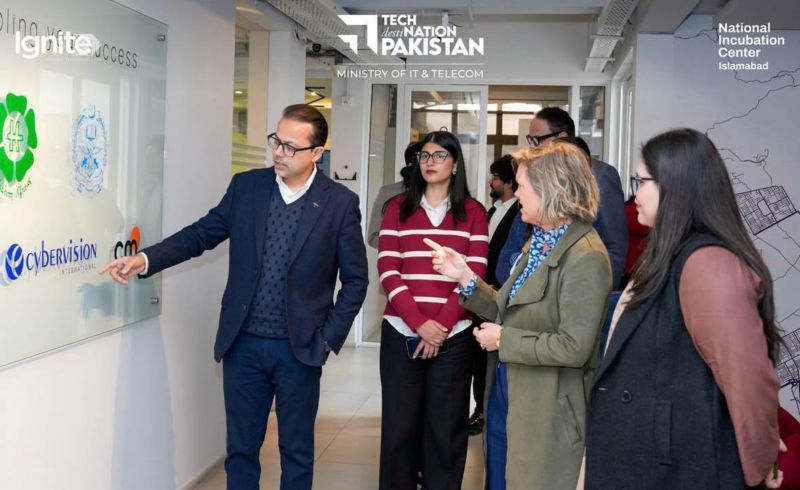Not a glitch in the system but a masterclass in exploiting it. The Soham Parekh story has startups reeling.
Soham Parekh is the name rippling across Silicon Valley, Mumbai, Reddit, and now your next WhatsApp group. A soft-spoken Indian engineer with an impressive resume and killer interview skills, he managed to land simultaneous jobs at some of the most promising U.S. startups—Dynamo AI, Union.ai, Antimetal, Synthesia, and more.
The twist? They didn’t know he was working for all of them.
The internet is calling it the greatest moonlighting scandal in recent memory. But what if this story isn’t just about one individual’s deception?
What if it’s about the cracks in remote hiring, the startup obsession with speed over scrutiny, and a new breed of hyper-optimized knowledge workers who’ve learned how to “beat the system”?
Let’s break it down.
Act I: The Hacker Who Hacked the Hiring System
According to multiple founders and whistleblowers (most notably Playground AI’s Suhail Doshi), Soham worked full-time jobs at multiple startups simultaneously. He passed technical interviews with flying colors, sent highly customized application emails, and delivered just enough code to stay under the radar.
He worked an estimated 140 hours per week, routing laptops across borders, showing up to calls when needed, and allegedly earning over $300,000/year in overlapping salaries.
And while some tasks were completed, founders noticed lagging deliverables, copy-paste issues, and “off” timelines.
Act II: Burnout or Burn-the-Bridge?
Eventually, Soham was exposed. Doshi’s viral tweet labeled him a scammer. Others jumped in. DMs leaked. Soham admitted to moonlighting but denied any intention to defraud.
“I was doing this to survive… It was never about scamming people,”
– Soham Parekh in a recent interview.
But let’s not paint this as a one-dimensional story of right vs. wrong.
Because the real question is:
Is Soham Parekh a Villain? Or a Mirror?
Modern workers are optimized like SaaS tools.
Let’s face it: many startup hiring systems reward outlier performance, communication polish, and a portfolio over provenance. Founders love the scrappy “10x engineer” who can do in 3 days what others do in 2 weeks.
Soham gave them exactly that until the hustle caught up.
And he’s not alone. Multiple subreddits and Discord servers now discuss the art of parallel employment, even offering playbooks. In a remote-first world, the concept of “one employer = one job” feels increasingly outdated to some.
Startups Love Lean Teams. But Lean = Vulnerable
Startups pride themselves on agility. But in their race to ship fast and cut costs, due diligence takes a backseat. The “hire fast, fire fast” mantra has become gospel. And guess who benefits from that? The resume-optimized, interview-groomed candidates who know how to signal competence, quickly.
Soham’s case exposes the fragility of trust in distributed teams. It’s not that people are lazy or evil, it’s that startups lack the systems to verify, retain, or truly support talent in a remote economy.
What Founders (and Teams) Can Learn from This
The Soham Parekh saga is a wake-up call for founders to rethink their hiring practices. Interviews and resumes can be deceptive, so vetting must go beyond surface-level assessments incorporating trial tasks, cross-checked references, and stronger onboarding systems. Speed in hiring may seem efficient, but rushing creates blind spots that can cost far more in the long run. Founders need to build real visibility into their teams through consistent check-ins, collaborative reviews, and transparent workflows. And above all, normalize open conversations around availability and commitments because in remote work, the problem isn’t flexibility, it’s secrecy.
Beyond Soham Parekh: The Next Era of Work
This scandal might feel extreme but it’s the canary in the codebase.
Just like Uber changed how we thought about taxis, or crypto about money, Soham Parekh might be the figure who makes us rethink employment itself.
- What is a job in a global, gigfied, remote-first world?
- Is working two jobs really unethical if you’re delivering value to both?
- Should startups expect loyalty… without offering stability?
Final Thought: Soham Parekh Didn’t Just Exploit the System He Exposed It
This is not a story about a “scammer” who outwitted a few gullible founders.
This is about an ecosystem that prizes speed over substance, that forgets the human behind the keyboard, and that must now reckon with the new rules of the remote revolution.
So, what will you do differently?
Are you hiring another Soham?
Or are you building a company that sees behind the GitHub commits and into the human behind them?
FAQ
Soham Parekh is an Indian software engineer who allegedly held multiple full-time jobs at top U.S. startups simultaneously without disclosing it. His case went viral after multiple founders publicly accused him of moonlighting and deception, sparking a wider conversation about remote hiring and startup culture.
As of now, no formal legal action has been reported. While unethical by employment standards, especially regarding undisclosed overlapping jobs, his actions may not constitute criminal fraud unless contractual terms or local labor laws were violated.
It highlights major gaps in how startups vet, monitor, and manage remote workers. In the rush to hire fast and stay lean, many overlooked verification and accountability—making them vulnerable to precisely this kind of exploitation.




